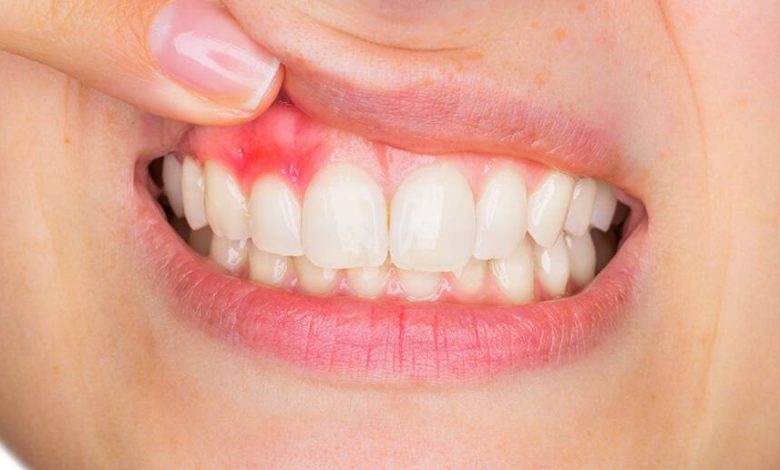How to deal with periodontitis

Does periodontitis prevent you from having a bright smile? Do not worry as a periodontist would help you overcome this dental problem. Periodontitis would result from the buildup of plaque, tartar, and bacteria in your mouth, and it could lead to the development of pockets between the teeth and the gums. These deep pockets would furthermore hold more bacteria, which would make your condition worse, leading to gum bleeding, tooth loss, and other oral problems that could compromise your overall health. It is prudent to consult a periodontist in The Woodlands near you who could help with the diagnosis and treatment of your condition.
Diagnosis
- Review medical history
A periodontist could take into consideration your medical history, which will inform them about factors that could lead to gum issues. They could consider factors such as medications, smoking, and a dry mouth.
- Physical exam
A periodontist could look for plaque in your mouth and tartar as well as bleeding on the gums. They could further measure the pocket depths of the grooves between the gums and the teeth, and they could do this by placing a dental probe beneath the gum at several sites throughout your mouth. A healthy mouth could have pocket depths between 1 to 3 mm, while teeth predisposed to periodontitis could have pockets deeper than 4 mm.
- Dental X-rays
Your doctor could take tooth x-rays, which help check for bone loss in the areas where they suspect issues with gum problems. Areas with worn-out bone and teeth could indicate periodontitis.
Treatment of Periodontitis
When you visit your dentist, ensure that they can clean the pockets that are predisposed to periodontitis thoroughly to prevent damage to the bone. You could help increase the chance of complete healing by managing your oral healthcare and which ensures that you deal with issues that could impact your dental health.
Non-Surgical Treatments
- Scaling
Scaling the teeth and gums could help with the removal of tartar, plaque, and harmful bacteria on the surface of the mouth. Your dentist could use laser instruments, ultrasound devices, and other unique instruments to perform tooth and gum scaling.
- Root planing
Planing smoothes the root surfaces, which discourages buildup of bacteria, tartar, and plaque on the teeth. This practice could also remove bacteria by-products that could lead to inflammation in the mouth and helps with the healing of the mouth, which promotes reattaching of gum pockets.
- Use of antibiotics
Oral antibiotics can help control bacterial infections in the mouth, although it might not necessarily eliminate all the microbes, the antibacterial can help when you want to conduct deep cleaning.
Surgical Periodontal Treatment
When other non-surgical methods work, it could be prudent to resort to surgical techniques such as flap surgery, which helps with pocket reduction. You could also undertake soft tissue and bone grafting surgery as well as tissue regeneration and tissue stimulating proteins.
The Bottom Line
Periodontal issues could affect your oral health and could lower your self-esteem, especially if you develop tartar or plaque. Fortunately, you can visit a periodontist who will help with the diagnosis and treatment of your gum tissues. A dentist could advise on the everyday dental routine, which helps prevent gum problems.





